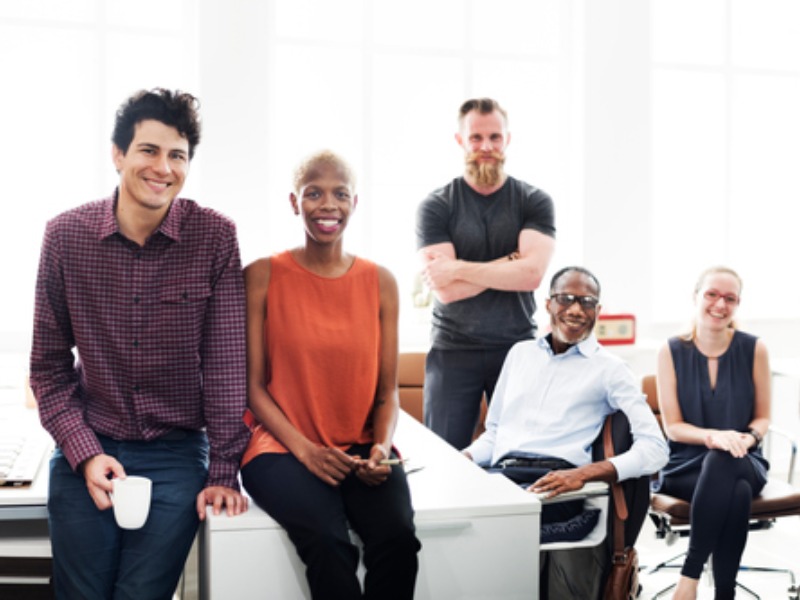By Lyndy van den Barselaar, Managing Director at ManpowerGroup SA
Companies across the globe are grappling with a skills shortage that was driven by various factors from the rapid adoption of new technologies, such as AI and automation, during the COVID-19 pandemic to changing employee needs.
Based on the changing business landscape, the traditional workforce is shifting with McKinsey stating that by 2030 there could be a 20% increase in demand for managers, technology specialists and health professionals while manual roles are likely to decline as steeply. Further, two-thirds of the workforce could be under skilled in basic digital skills, leadership, communication and decision-making.
While businesses face a shortage of skilled workers, on the other end of the spectrum, countries are facing record numbers of unemployment which is supported by the ManpowerGroup’s Talent Shortage survey which found that 69% of companies across the globe have reported a talent shortage.
To overcome this challenge, companies need to take a different approach and create opportunities to fill employment gaps and prepare for the changes that lie ahead.
Creating the talent you need from the inside
With more than half of all workers (58%) needing new skills to get their jobs done, the skills revolution is in full force. Reskilling and upskilling will become non-negotiable for individuals and organisations as roles continue to require more skills than before, with both technology and human capabilities most in demand. As the need for soft skills, including adaptability, communication, teamwork, and more take on increased importance, employers will need to ensure their people are constantly being provided opportunities to improve their skill sets.
This is supported by McKinsey, which found that over 50% of executives believe that developing the skills of their existing workforce is the most useful way to address the skills gap. At the same time, 89% of workers want more learning opportunities such as remote skills development and career coaching. By helping employees to upskill and grow within an organisation, companies create the workforce agility needed to thrive in an increasingly digital world.
Creating a brand that employees want to work for
The post-pandemic workforce also has clearly defined demands for current and prospective employers. To stand out in a competitive market that is seeking skills in a shrinking talent pool, companies need to position themselves differently to be viewed as an employer of choice amongst those looking for a career path, both within an organisation and outside of the organisation.
The heightened focus on reshaping company culture to build trust, retain remote teams and energise the employee experience will call for an Employee Value Proposition that brings a sense of purpose and wellbeing plus empathetic leadership for a digital world. In this era of talent scarcity, the best employers will realise first-hand that without investing in an evolving company culture, they will struggle to execute their strategy and need to prepare to lose talent to companies that will.
Creating a culture focused on the employee experience
Companies that manage their brand reputation and regard employees’ needs will find it easier to attract and retain talent. As workers go back to a new normal, there is an opportunity for organisations to shape up their employer brands to focus on what today’s workers want: a better employee experience.
The employee experience is valuable in solidifying a company’s reputation as an employer and is directly dependent on the employee value proposition. When employees know what the employer’s expectations are and are rewarded accordingly, they are more likely to view the organisation favourably and want to remain with or join the company.
Today’s companies need to prepare for the workplace of the future by upskilling employees and adapting to meet the needs of the employees of the future. This is not the first time that the workplace has had to shift to adapt to the needs of its environment, and it won’t be the last time, but those companies that make the shift now, will reap the benefits of the changing business landscape today while preparing for the workplace of tomorrow.
Lyndy van den Barselaar is the Managing Director at ManpowerGroup SA, oversees the financial direction of the company and is a member of the Board of Directors, a position she has held for 10 years. Lyndy is a skilled business leader, passionate about the power of communication and its ability to unleash the best in people as she firmly believes that an organisation can only succeed when its people succeed.
Attract top talent


